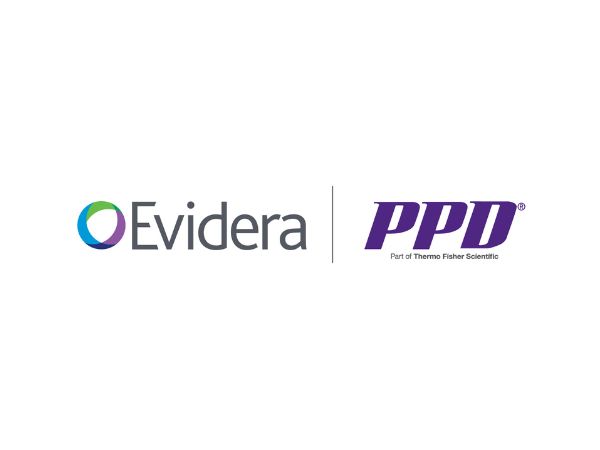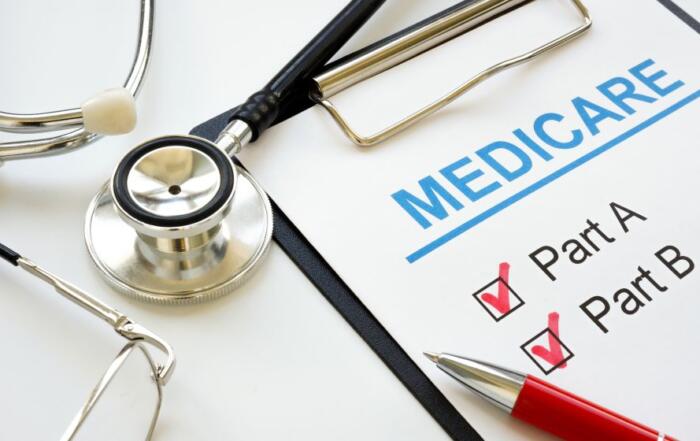In this webinar, Evidera experts present guidance on why strong connections with registry groups and stakeholder populations are important for generating relevant real-world evidence to advance treatments.
Registries are a valuable source of disease expertise and patient data, recognized by FDA and EMA as important sources of evidence to inform decision making. Regulators, payers, and health technology assessment (HTA) bodies have explicitly delineated the key role for registry-based studies in their decision making.
Clinical registries offer unique data solutions including rich clinical data to provide differentiated insights to biopharma and biotech. Their contribution can span the product life cycle, from early clinical development (to optimize design and efficiently match the right patients to the right trials) to product launch (to inform submission dossiers and risk sharing agreements), to post-authorization safety and effectiveness studies. Registry-based studies are growing, in rare diseases where small numbers of patients are distributed across broad geographies, and because traditional electronic medical record (EMR) databases do not capture the clinical and patient outcomes found in registries. Collaboration with several registries simultaneously is often required to accrue enough data from patients with rare diseases or gather enough evidence about low frequency outcomes, and building on existing research networks of sites and patient populations creates a context for a more cost-effective study.
Given the strong connections with their stakeholder populations and their dedication to furthering research, registry groups are important partners in generating relevant real-world evidence to advance treatments.
Key Topics Include:
- Evolving and growing uses of registries in scientific research
- Key factors in identifying the right study approach – Will existing registry data be sufficient? Is prospective data collection needed? Should a hybrid approach be used?
- The importance of successful partnering with registries and their stakeholders
- Use cases of registry-based studies – where they are most beneficial, use in post-marketing safety commitments, how to decide if they are right for your needs
- Use of data science (e.g., natural language processing, machine learning) for data curation and analysis
- Opportunities and challenges of coordinating multiple registries working on a scientific study
Presenters
Senior Research Scientist, Real-World Evidence
Data Analytics
Evidera, part of PPD
Executive Director, Real-World Evidence
Integrated Solutions
Evidera, part of PPD
Executive Director, Real-World Evidence
Strategic and Scientific Affairs
PPD, part of Thermo Fisher Scientific








